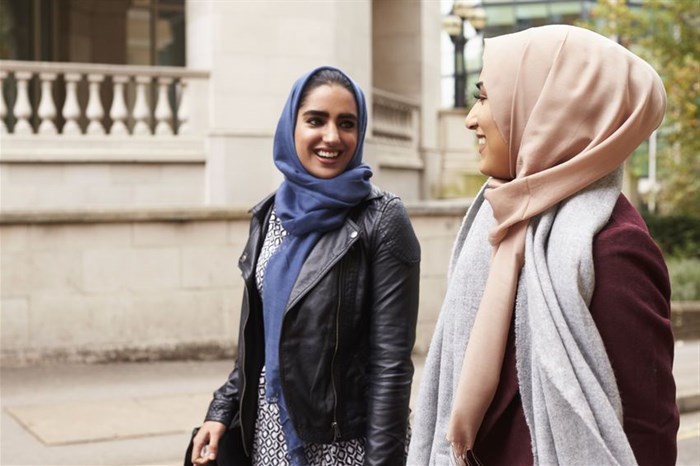
Top stories






More news


Marketing & Media
Ads are coming to AI. Does that really have to be such a bad thing?














The Mastercard-CrescentRating GMTI is an insights-driven data study of the Halal travel market which looks at 130 destinations. The GMTI 2018 confirms that the Muslim travel market is on course to continue its fast-paced growth to reach $220 billion in 2020. It is expected to hit $300 billion by 2026. In 2017, there were an estimated 131 million Muslim visitor arrivals globally – up from 121 million in 2016. This is forecasted to grow to 156 million visitors by 2020, representing 10% of the travel segment.
“The CrescentRating Index once again confirms that the fast-growing Muslim travel segment is an exciting opportunity for South African tourism and that the country remains a favoured destination among Muslim travellers,” says Mark Elliott, division president, Southern Africa, Mastercard.
“Given the strategic importance of the tourism industry to our economy, tourism operators and authorities should be looking at ways to expand market share in this vibrant segment.”
Key metric criteria in the 2018 CrescentRating Index included access to infrastructure; communications and how destinations market themselves to this target audience, the environment and services. Each criterion is weighted to make up the overall Index score.
Malaysia retained top spot in the overall rankings, while Indonesia moved up to joint-second with the United Arab Emirates (UAE). Singapore retained pole position for the non-OIC destination markets. Malaysia also achieved an Index score of 80.6, followed by UAE and Indonesia at 72.8. Singapore, which was the highest scoring non-OIC destination, scored 66.2. By comparison, South Africa achieved a score of 47.7.
Despite its status as Africa’s leading non-OIC destination for Muslim travellers, South Africa’s slight drop in the rankings indicates that local tourism companies and authorities cannot afford to be complacent in the face of competition from other countries for this valuable market – especially from markets across Africa that are becoming as attractive to this audience.
“South African tourism was dealt a blow by the drought in the Western Cape, which together with a stronger rand towards the end of the year, contributed to slow growth in visitor arrivals in 2017. These factors likely also affected Muslim visitor arrivals as much as they did other travel segments. There are opportunities for cities across South Africa to appeal to this discerning audience given the diverse experiences available to both business and leisure travellers,” says Elliott.